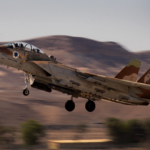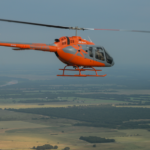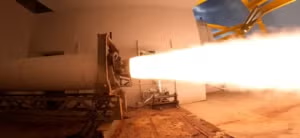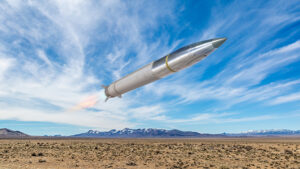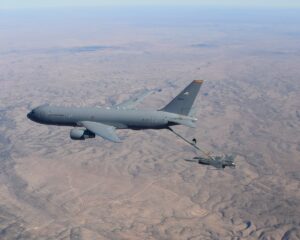
The House Armed Services Committee early Thursday morning opted not to adopt a proposal that would have mandated the Air Force hold a full, open competition for its KC-Y “bridge tanker” program. Two lawmakers offered KC-Y amendments during the committee’s markup of its fiscal year 2023 National Defense Authorization Act (NDAA), with the panel ultimately voting 36 to 22 in favor of adopting a measure that would allow the Air Force to procure the tanker without an open competition while…

 By
By 